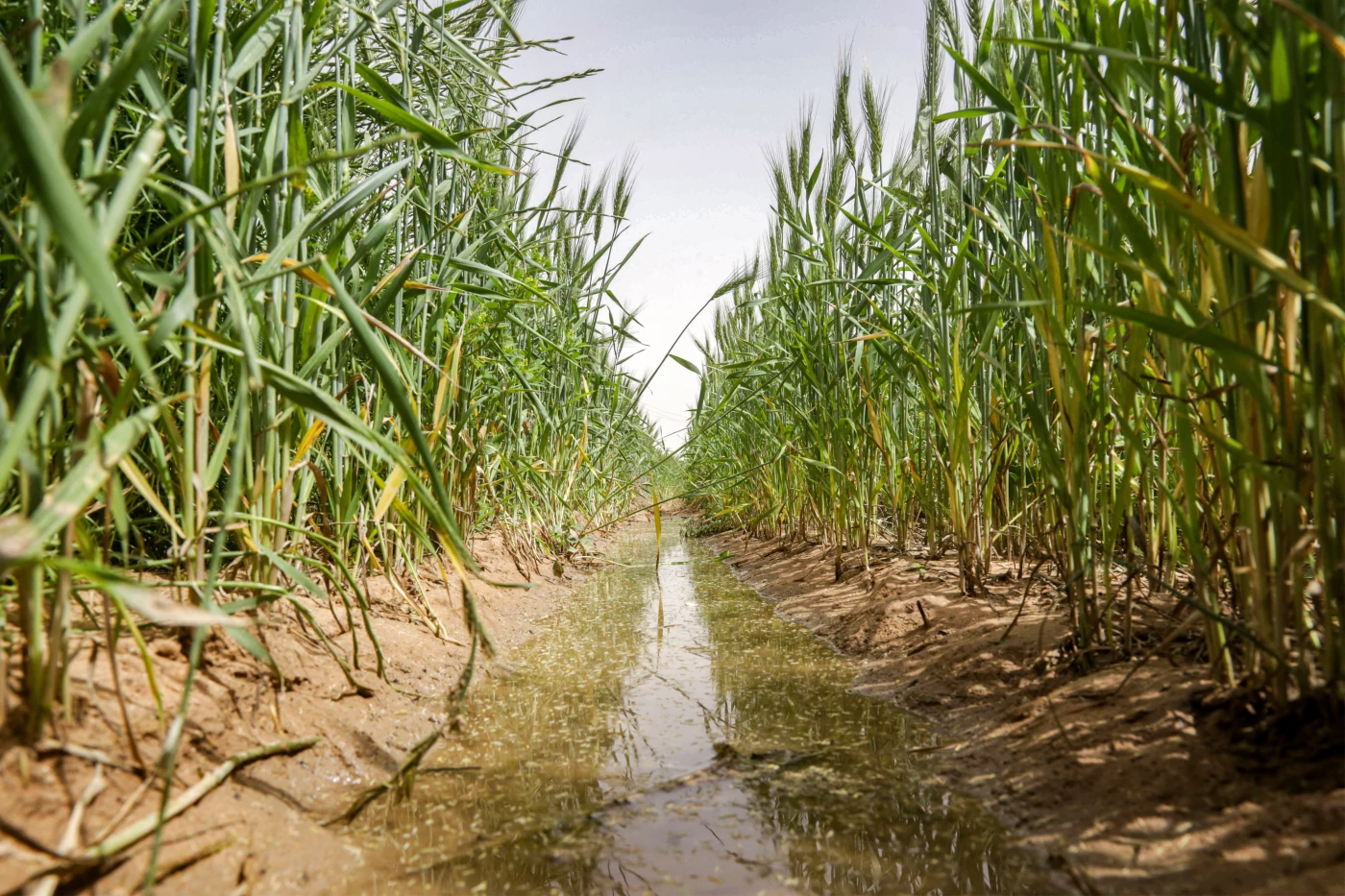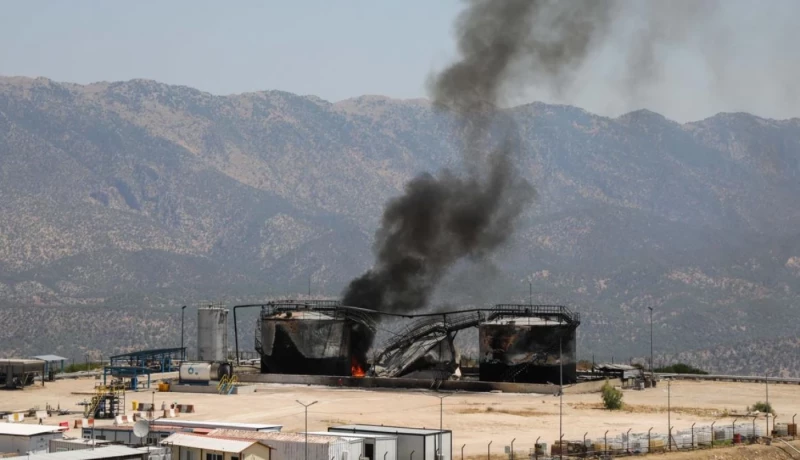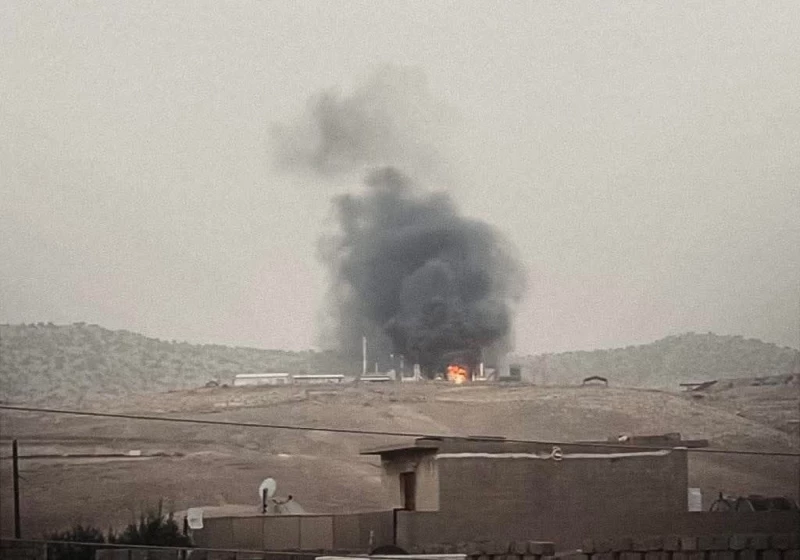ERBIL, Kurdistan Region of Iraq - Despite low amounts of rainfall, wheat production is not expected to see a massive decrease in the Kurdistan Region compared to last year, with the supply being strengthened by 300,000 tons in reserve stored in silos.
“In the previous years, we used to receive 685,000 tons of wheat from farmers. This year, the number might be close to that, despite low rainfalls,” Nawzad Sheikh Kamil, head of the General Trading, a subsidiary of the ministry of trade and industry, in the Kurdistan Region, told The New Region, attributing the yield stability to the wider employment of pivot irrigation.
“A large number of people resorted to pivot irrigation” due to the low rainfall crisis, Kamil said, thus ameliorating the harvest. “There are already 300,000 tons of wheat stored in the silos. Therefore, we will not face any shortage in the product.”
The Iraqi government has decided to reduce the procurement of wheat from Kurdish farmers from 700,000 to 400,000 tons.
“We are in talks with the relevant authorities in Baghdad to increase the receipt of wheat from the Kurdistan Region farmers from 400,000 tons,” he explained.
Baghdad sets a quota of wheat to be purchased directly from farmers every year at a fixed price, higher than the market rate, to support domestic agriculture and ensure food security.
For the 2024/2025 season, Baghdad set the price of one ton of wheat at 850,000 dinars.
The Iraqi government has decided to cut planting by 50 percent this year, from nine million dunams to 4.8 million dunams of land, with the Iraqi agriculture ministry attributing the decision to lower rainfall, signaling that the country may suffer drought.


 Facebook
Facebook
 LinkedIn
LinkedIn
 Telegram
Telegram
 X
X



